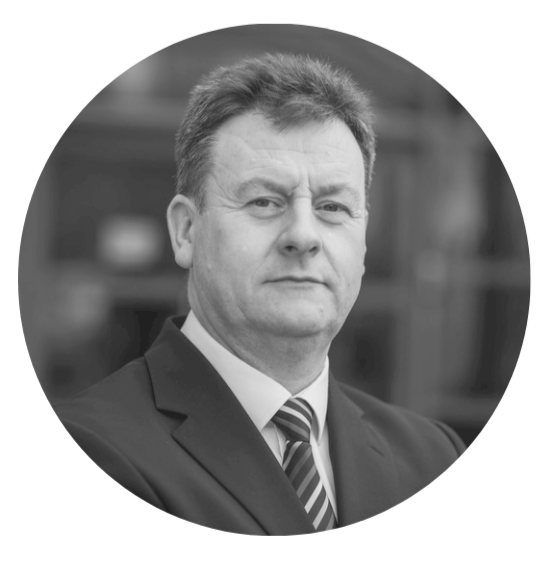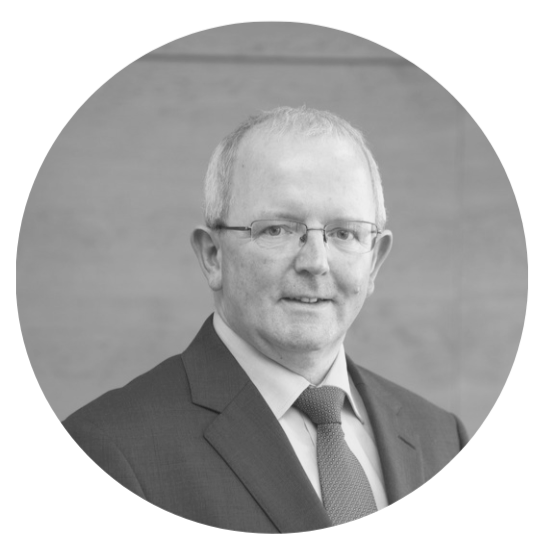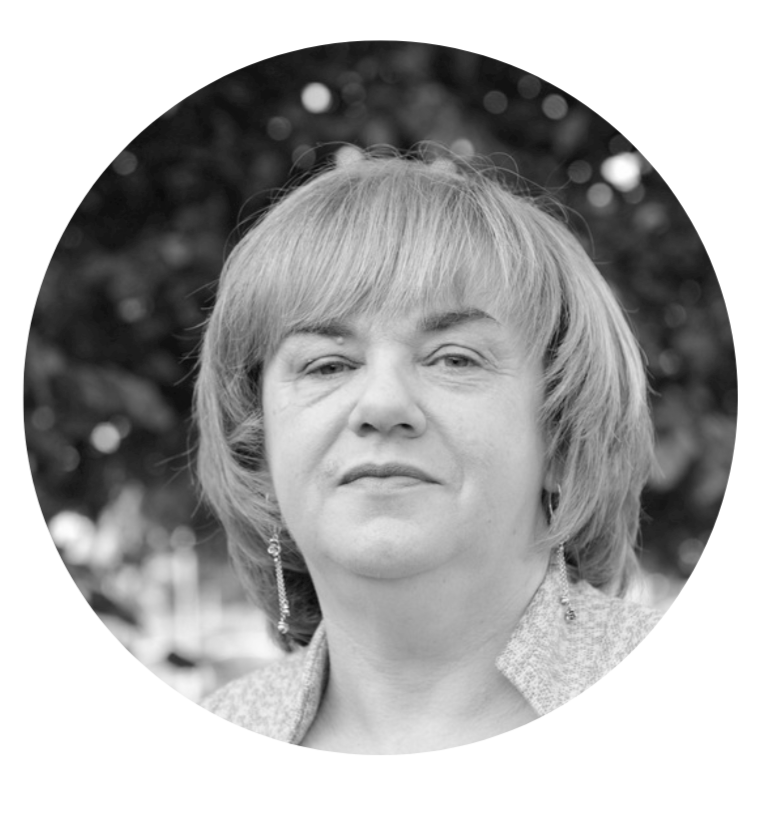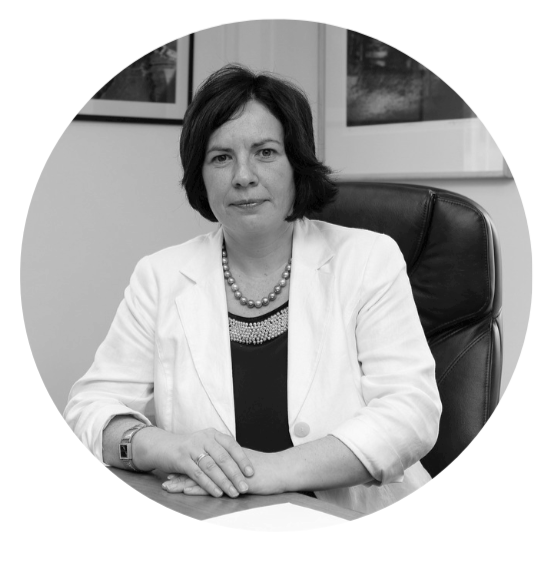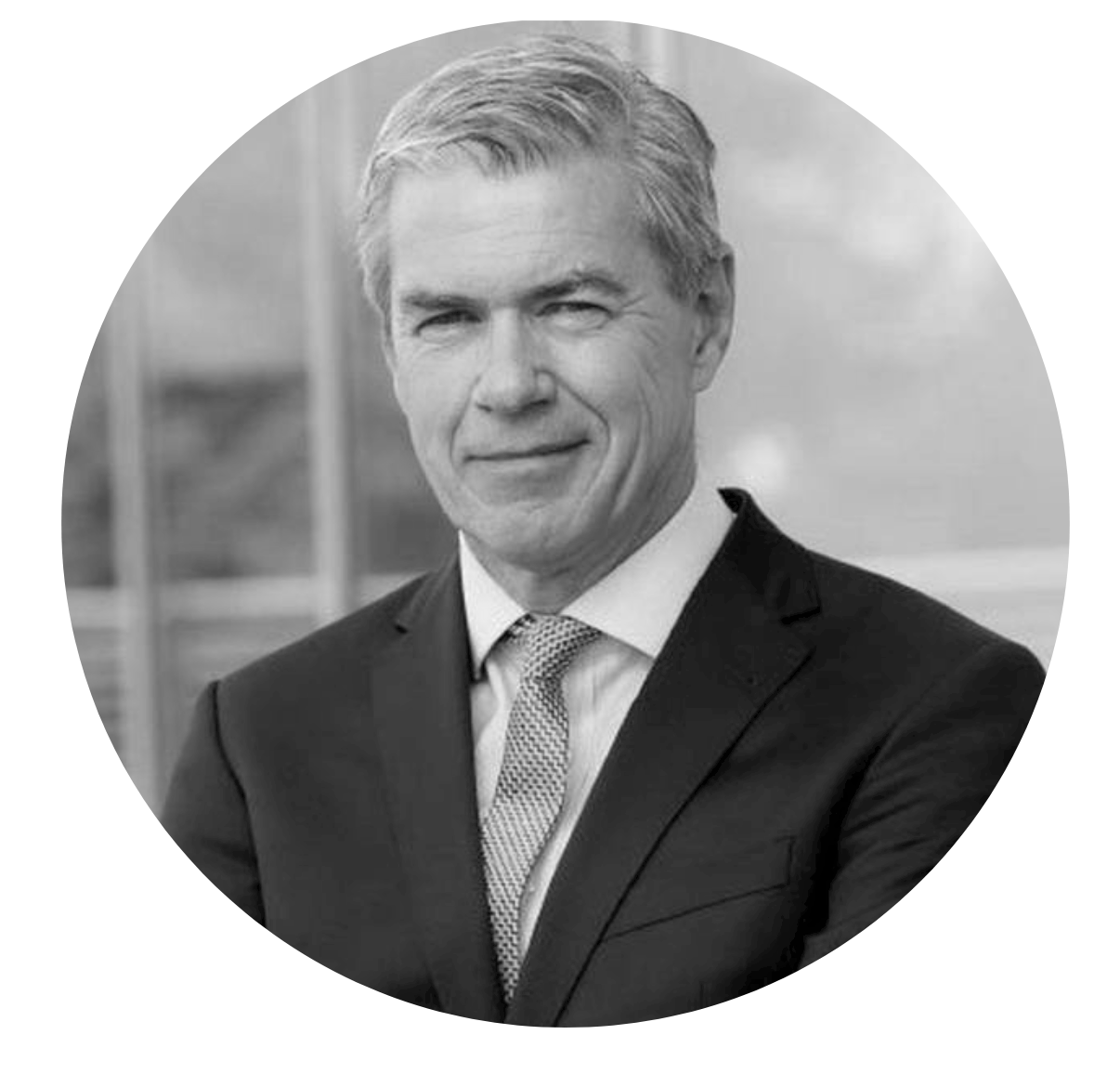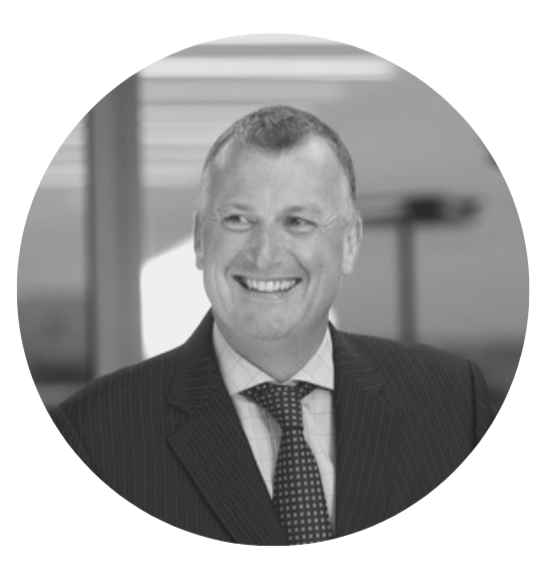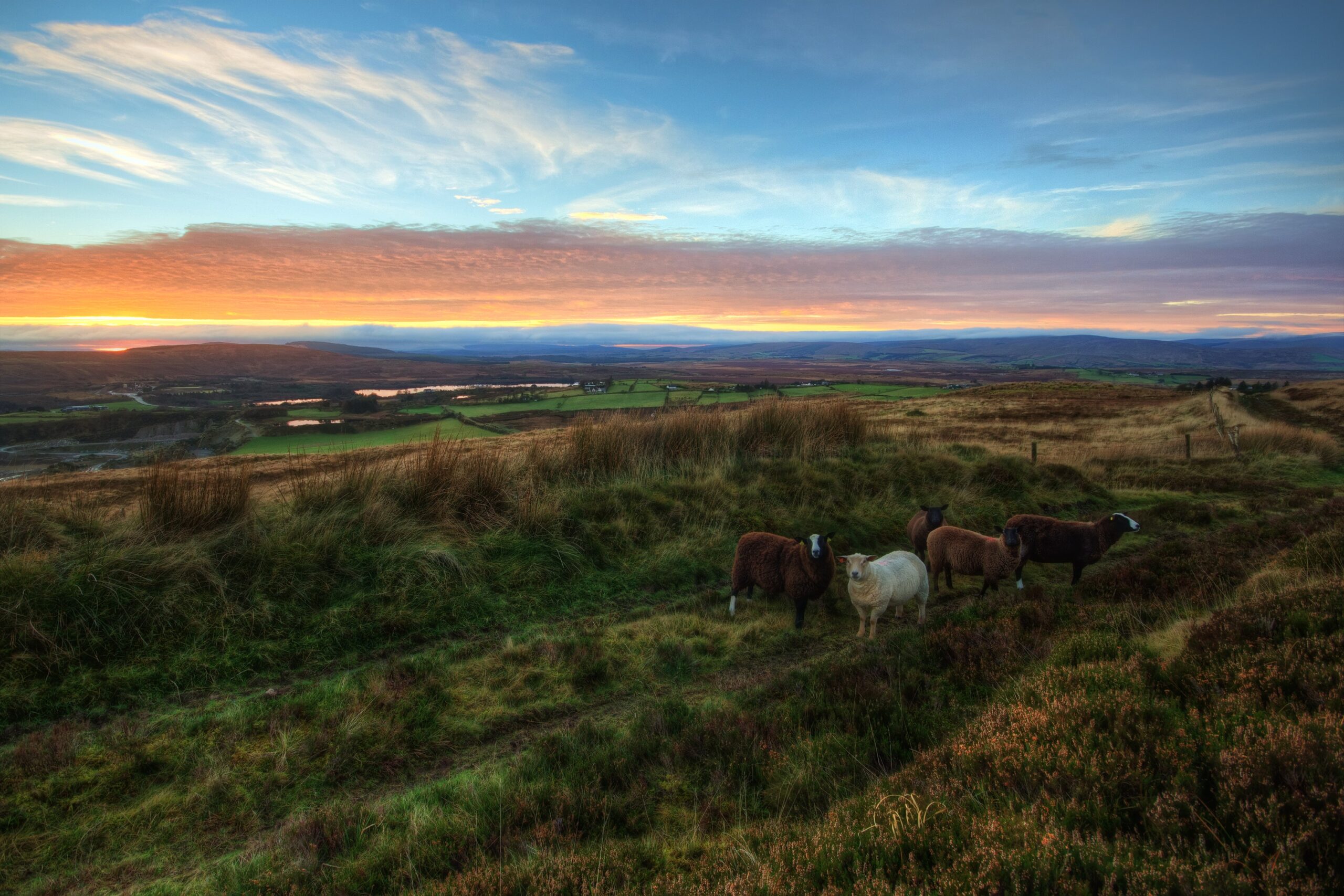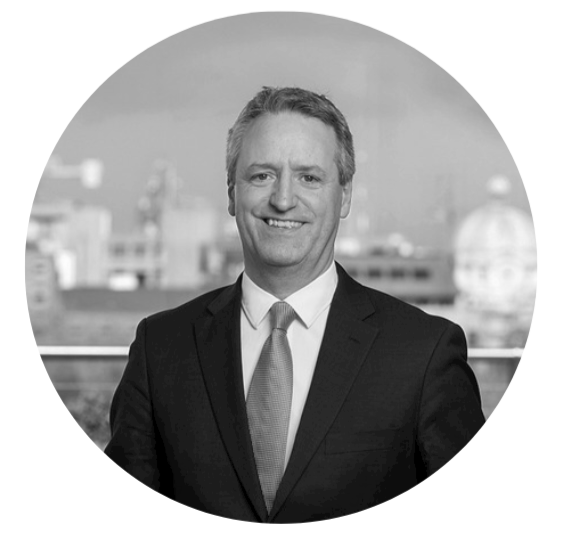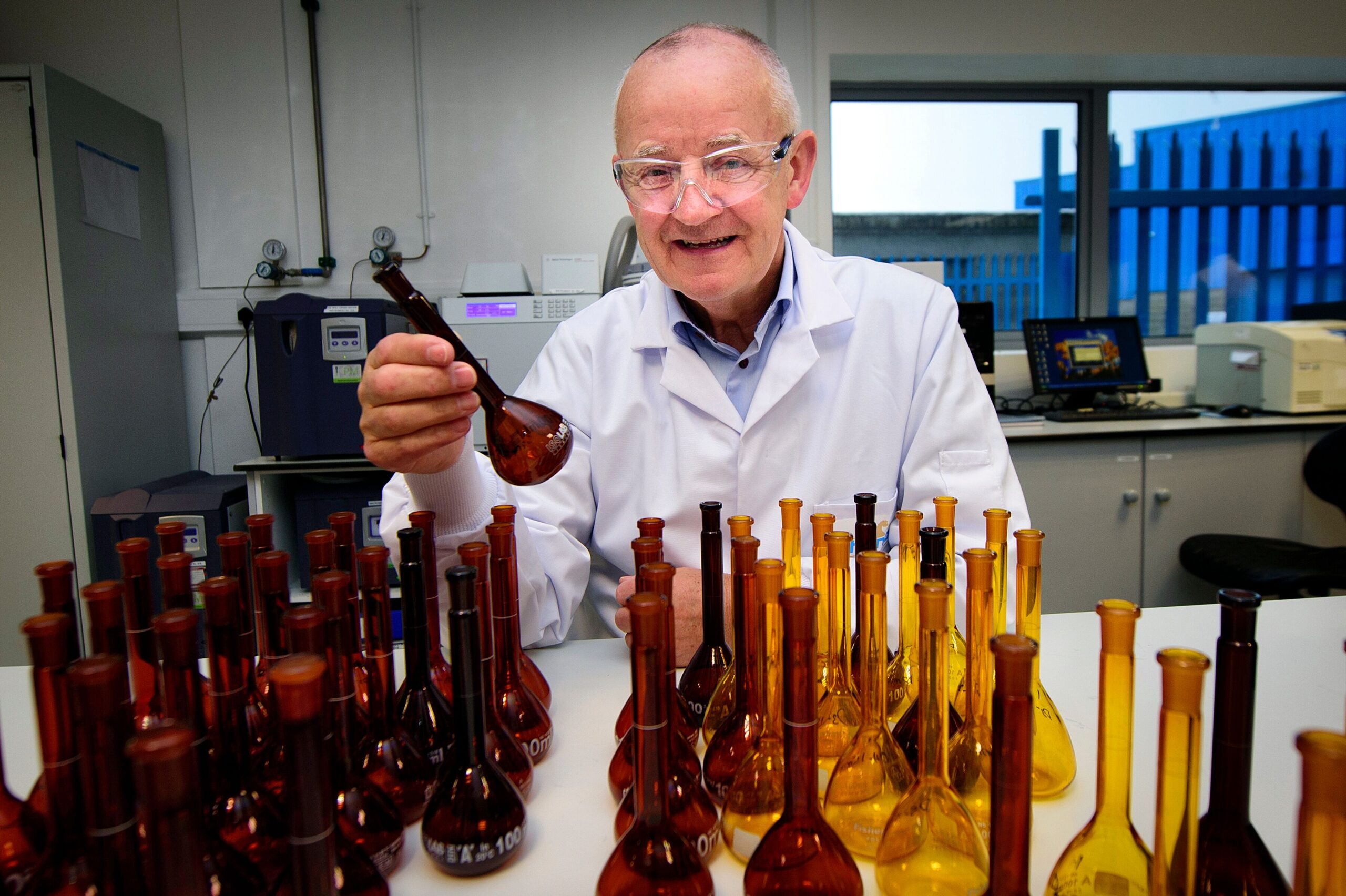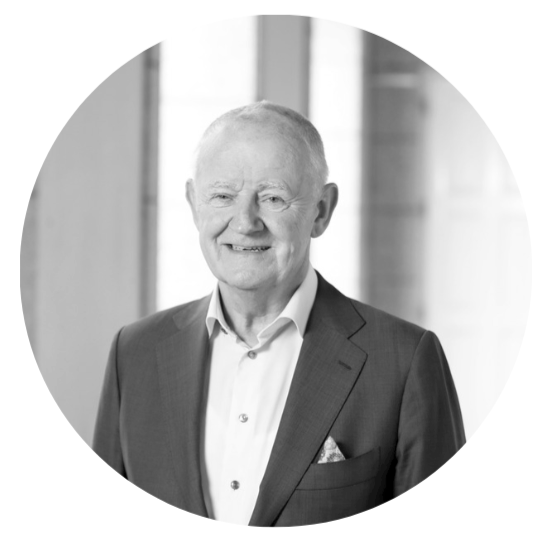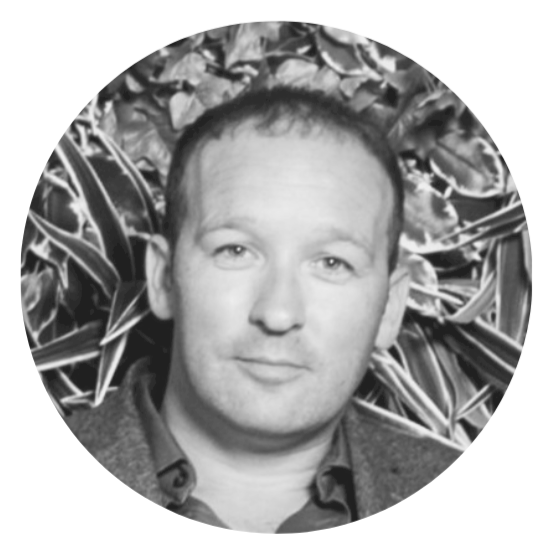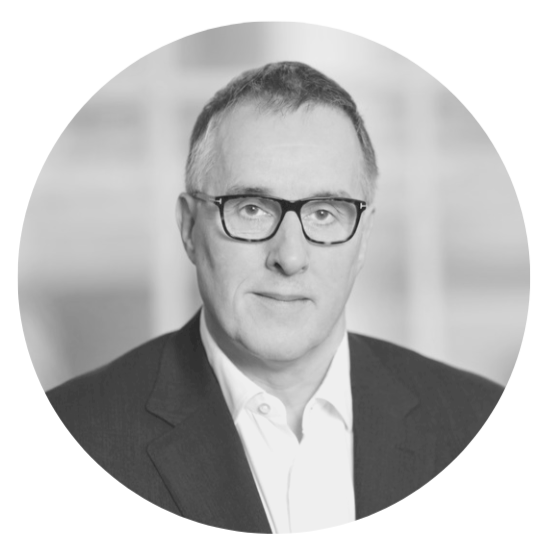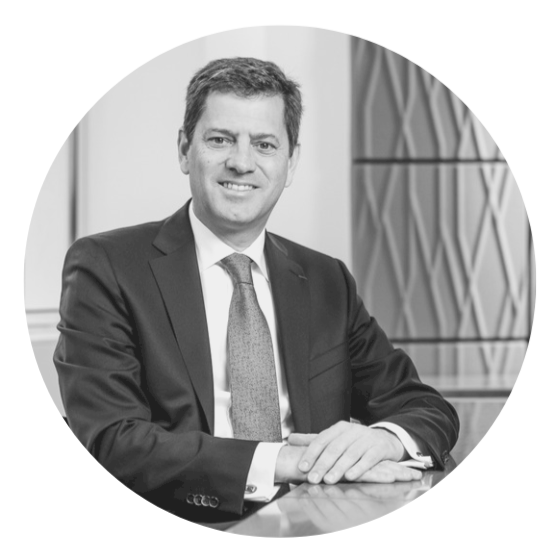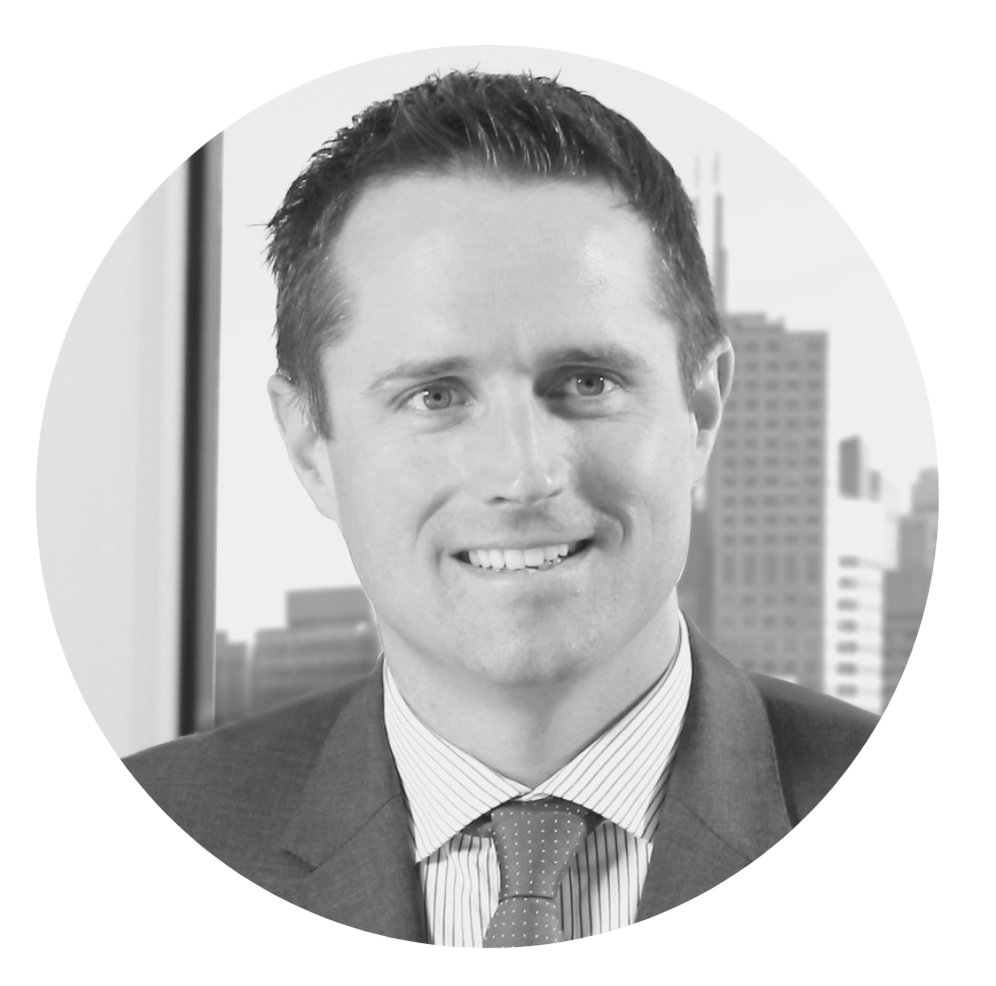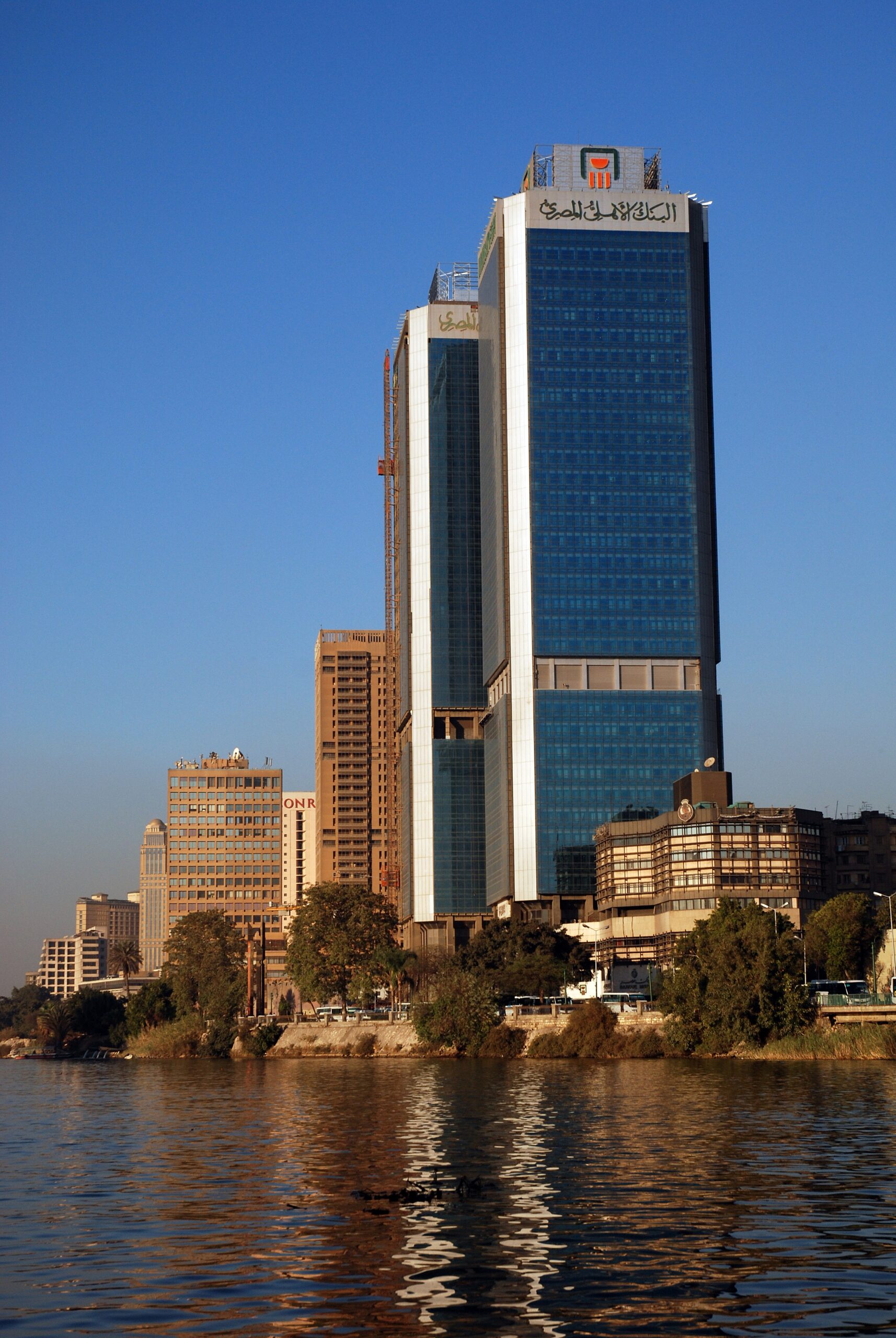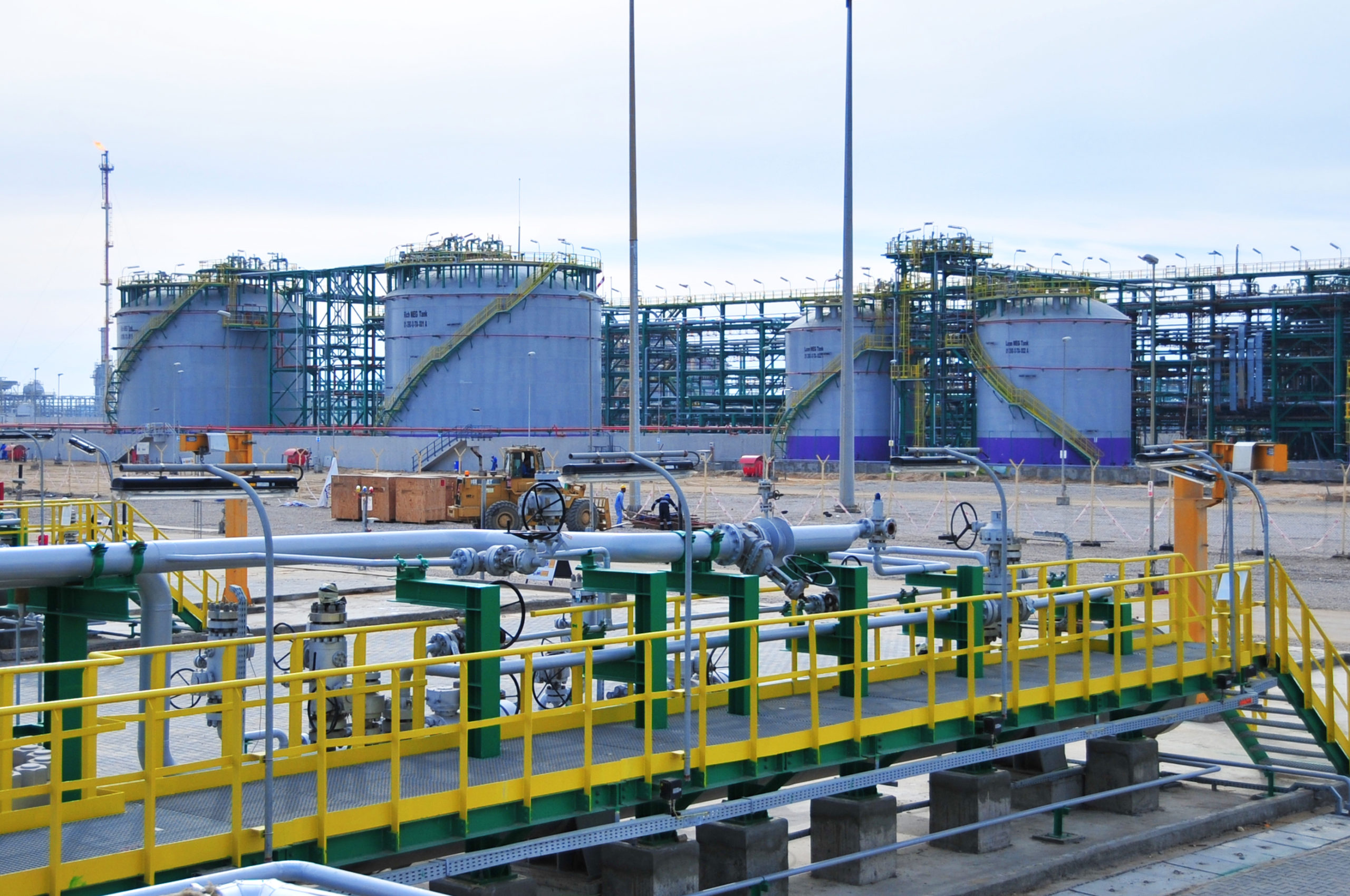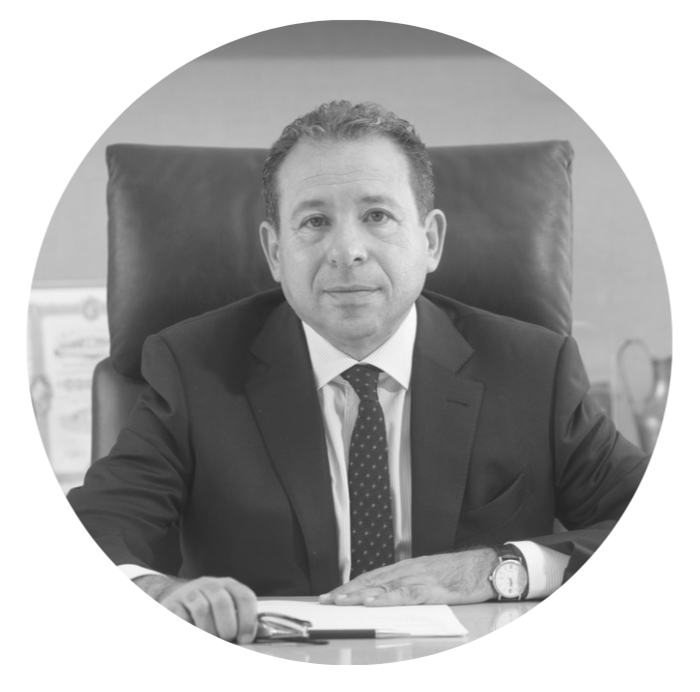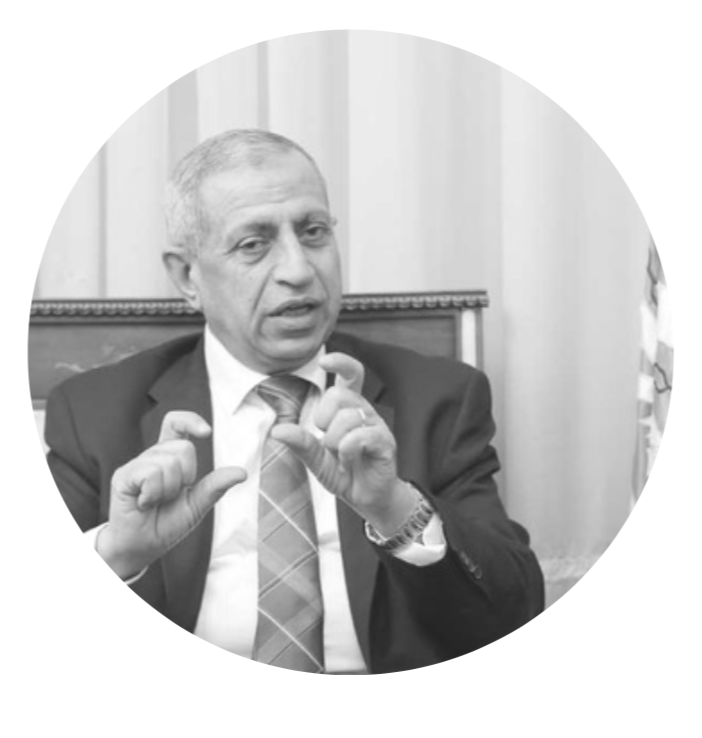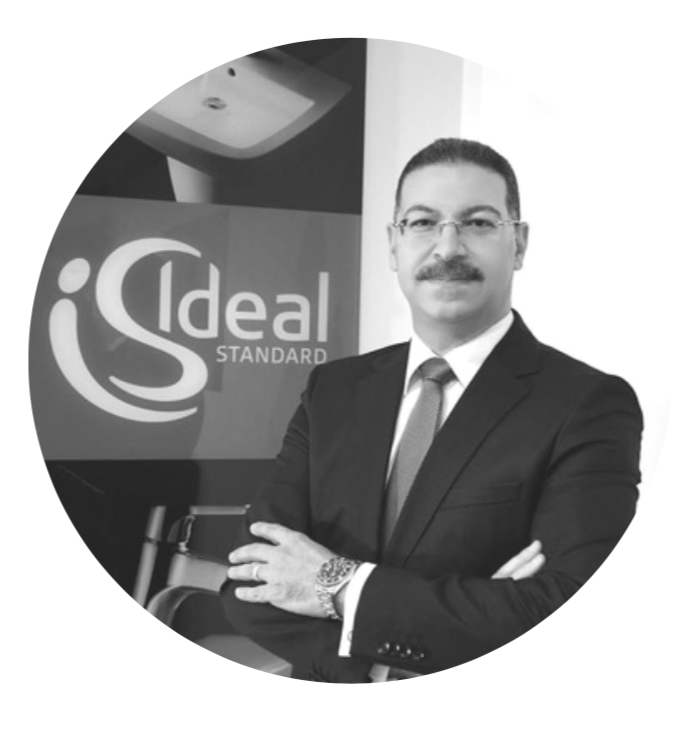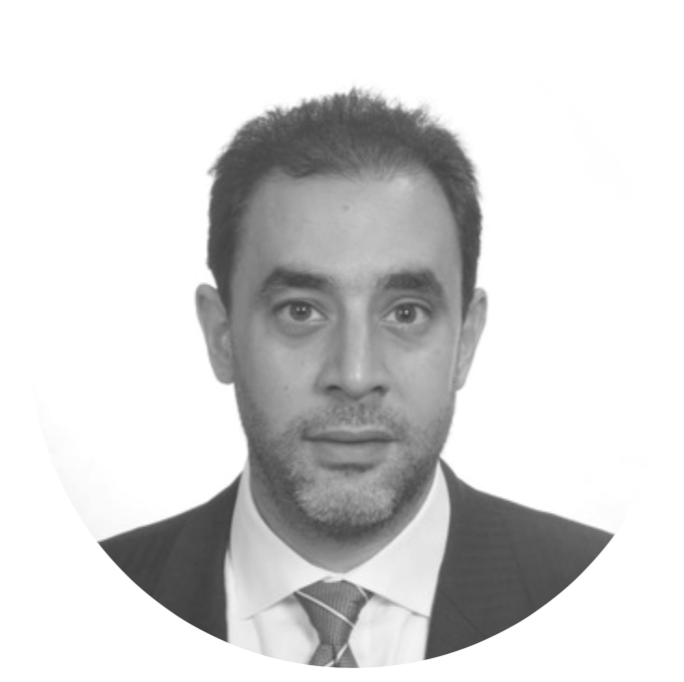The Irish food industry is one of the most scientifically advanced and sustainable globally

The small island of Ireland has rich, fertile soil and privileged weather for farming. Agriculture has historically been Ireland’s largest indigenous industry, and today it continues the tradition. While the island has a population of 5 million people, it consistently exports enough products to feed 25 million. The key ingredient for the sector’s continued success is sustainability.
Tara McCarthy, CEO of Bord Bia, Ireland’s state agency responsible for promoting the sale of Irish food and horticulture said, “As populations grow, the need for food also grows, but we have to make sure these needs don’t compromise the future. With increased pressure on limited natural resources including soil and water, it is important food is produced in a way that protects these resources. Ireland has many natural advantages when it comes to sustainable food production, and no other country is as committed to such a comprehensive and evidence-based sustainability program.”

Changing Consumer Habits
The COVID-19 pandemic has fundamentally changed consumption habits and demands. Today, consumers are more aware and conscious of eating well and reaping ultimate nutritional benefits for overall wellbeing. As consumers become more knowledgeable about what ends up on their dinner tables, there has also been a growing demand for sustainably sourced food. For many years, Ireland has been a thought leader in sustainably sourced nutrition. In fact, the country’s Origin Green program ensures Irish food and drink is the first choice globally because it is trusted as sustainably produced, leading to more nutritious food, and protecting the natural environment.
According to McCarthy, “As consumers navigate in search of healthy, natural, and sustainable food, they’ll notice Ireland has been providing this all along. Sustainably sourced food has been part of Irish agrifood’s natural DNA for generations. Today we have a unique data set, commitment, and infrastructure in place to ensure sustainability during production and supply that is simply not found anywhere else in the world. Our role at Bord Bia is to bring Ireland’s extraordinary food, drink, and horticulture to the world in a sustainable way.”
Origin Green: Evidence-Based Sustainability
Origin Green is a food label certification that remains distinctly unique being the world’s only national food and drink sustainability program ensuring products with the label were grown and produced in a sustainable manner and underwent strict quality control.
“The Emerald Island is known for being green, but we have to prove it in an increasingly transparent world with a voracious appetite for data. Origin Green has been Ireland’s infrastructure to demonstrate the country’s level of sustainability to protect the environment today and into the future,” said McCarthy.
Through the Origin Green program, Ireland provides a robust sustainability certification system with independent verification across the entire supply chain. Working with 53,000 farmers in Ireland and over 270 companies, the program verifies 90% of Ireland’s food and drink exports – an industry that is now valued at over EUR 30 billion.
McCarthy explained, “We are conscious as we design our solutions to make sure that Ireland’s reputation for excellence in food and drink remains strong. Consumers buy based on trust, and safety credentials are essential. In Ireland, we have a farm-to-fork infrastructure that allows us to provide necessary proof points. Across the board, we are generating massive amounts of data and digitizing it, so relevant proof points are communicated accurately. This digitalization is an area we continue to focus on and expand. Although COVID-19 has fast-tracked our remote auditing process, we still physically inspect about 95% of local producers to verify the guarantees we are giving to consumers who trust our Bord Bia certifications. In-person visits allow us to physically complete the checks and verification process, while also allowing us to educate the farmers about what is important in the global market. We provide farmers with the information and tools necessary to improve, meet new demands, and become more sustainable.

“The Origin Green program combines mandatory and optional targets fostering robust improvements in areas like raw materials, energy sourcing, and societal contribution. Every aspect of a company’s journey is reviewed, challenged, targeted, and reported upon, giving us a unique dataset unlike any other in the world. When multinationals in other countries set internal goals, they often exclude the rest of the supply chain. At Bord Bia, we know companies cannot meet their targets without their suppliers also complying with the sustainability measures. Therefore, through Origin Green, we consider the entire supply chain on a national level. When someone purchases a product verified by Origin Green, the label comes with a commitment that the entire supply chain met the assurances. This is a scalable solution to create a more sustainable future.”
Certifying Grass-Fed Livestock
One of the most exciting innovations taking place in the sector revolves around certifying grass-fed beef. While sweeping statements are seen within the industry across the world regarding grass-fed products, never before has a verified, peer-reviewed algorithm been utilized to back-up certifications with scientific evidence. A science-based assessment was developed by Bord Bia alongside Teagasc, the Irish agriculture research agency, to inspect what animals were fed. Irish scientists then created a study analyzing the calories an animal required and calculated where those calories came from, including what percentage came from grass.
Grassland covers approximately 80% of total Irish land, compared to European averages of 40%. Ireland’s climate makes a long grass-growing season possible. The conditions are ideal for raising livestock and growing crops. McCarthy added, “Our grass-based system is more efficient and environmentally sustainable than intensive indoor animal feeding systems.”
Distilling Heritage
Since prohibition, Ireland’s alcohol industry has transformed and is currently going through a rejuvenation. Ireland’s historic whiskey distilleries went from counting just two to now upwards of 32 distilleries. A new generation of producers are redefining Irish distilling, blending, and brewing. Irish gins, premium whiskies and craft beers are finding a new loyal client base at home and abroad, particularly in the USA. The sector is conquering global markets.
McCarthy noted, “It is important to note the sector’s heritage and contribution to Ireland’s history, and bring that story to life. Each producer has a unique heritage, and it is important to understand that history while appreciating the entrepreneurship and innovation that is stemming from the sector. It is a vibrant and exciting industry.”
The Future of the Industry and the USA Market

The USA is the second-largest export market for Irish agrifood and an important international partner for the sector. For many years, the USA has imported over EUR 1 billion in produce from Ireland. Ireland’s two core export categories are dairy and alcohol, and there is a growing demand for more Irish prepared-consumer foods, seafood, and beef. In dairy, Ireland has doubled its exports to the USA in the past decade. Irish butter has been a particularly great success story and is found on tables across the globe. In the future, Bord Bia hopes to assist Irish companies across other segments of the industry in reaching similar milestones.
Ireland’s food and drink sectors are on a trajectory for growth. At a time when food quality, safety and security are increasing concerns, Ireland sets a global precedent in efficiency through sustainability. Ireland is a major contributor to global food security and Bord Bia is helping to the country’s role in feeding the world.

